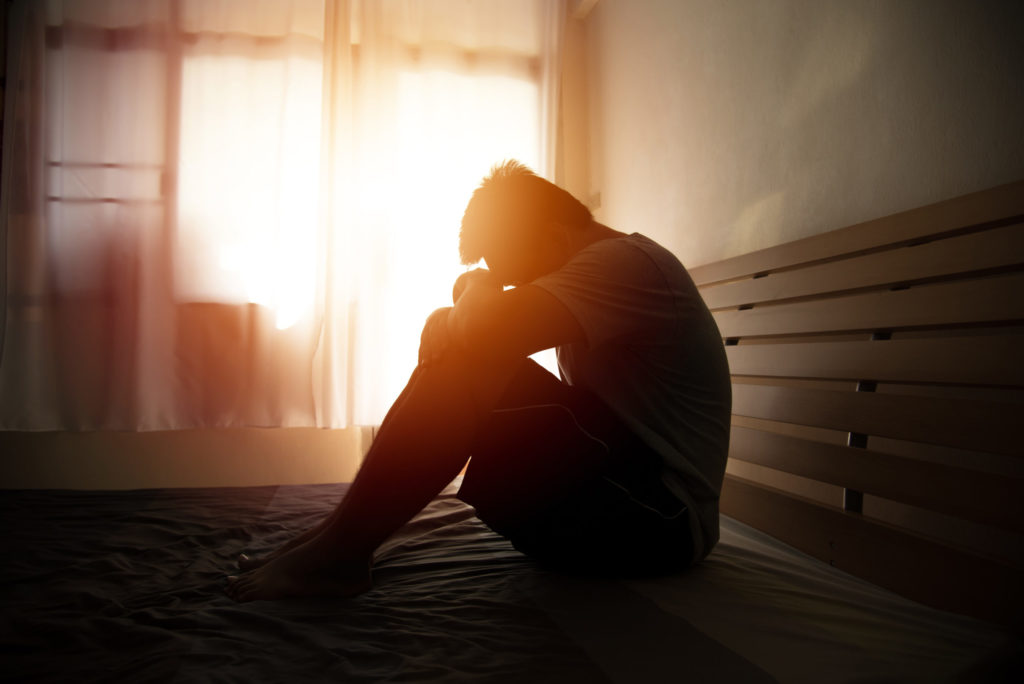A Time for Choosing on Roe and the Abortion Regime
The U.S. Supreme Court must reverse Roe v. Wade, writes Ramesh Ponnuru:
“[Pro-Lifers] ought to be seeking nothing less than the full overturning of Roe v. Wade and Planned Parenthood v. Casey. We ought to be asking, that is, for a declaration that the Constitution contains no right to abortion, allows legislatures to enact bans on abortion, and does not authorize judicial second-guessing of those bans. …
The pro-life movement and Republican politicians should explain that overturning Roe won’t by itself ban abortion. They should make that point because it’s accurate, because it will help prepare pro-lifers for the political battles to come if they succeed in court, and because it will do a little to calm the nerves of those who fear drastic and sudden change in abortion policy. But it’s more important that they call on the justices to do the right thing: Bury Roe, and salt the earth.
As the Supreme Court gets set to consider this case, there will be briefs filed on both sides of the issue. These briefs are intended to persuade the Court as it deliberates.
We know the sorts of things that pro-abortion briefs will argue: preserve Roe, continue the national nightmare of anti-democratic abortion culture, and prohibit states from any measures that would meaningfully protect mothers, fathers, or their children from the harms of this singularly pernicious industry.
What will the Court hear from pro-life scholars, leaders, and organizations? Will the Court hear that Roe must go? That Roe represents a distinct national scandal? That Roe is the source of so much of the Court’s trouble and a cancer in American public life? Or will it hear simply that Mississippi’s approach to protecting human life is acceptable in one way or another, but that the Court need not deal with the fundamental question of the human right to life?
Will there be a divided set of opinions from pro-life voices on how the Court should proceed? How might division be exploited from justices who wish to preserve Roe, Casey, and the abortion regime?
The forces of abortion are united and purposeful. The forces of life must be, too.
